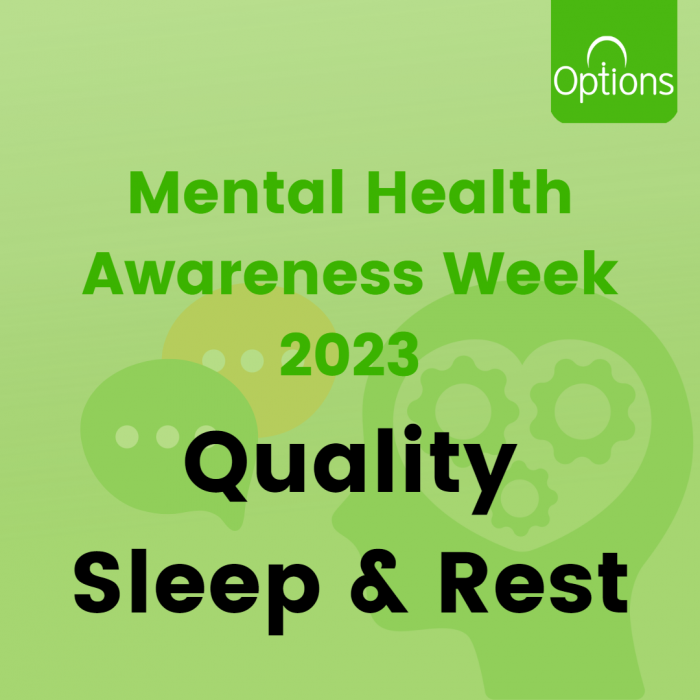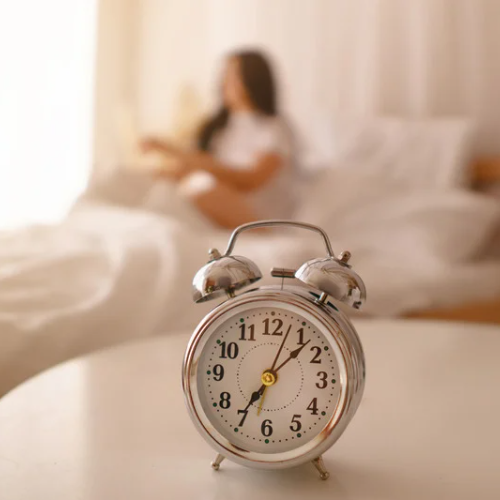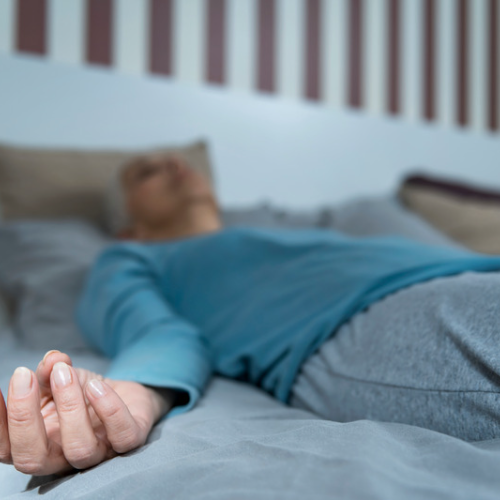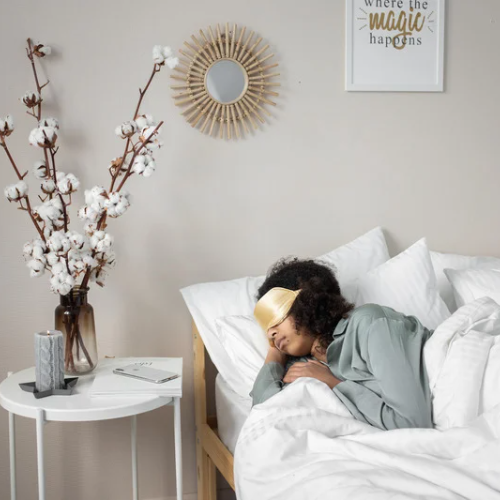
If you’re having trouble sleeping, knowing how to sleep better can make a big difference.
Lack of sleep is known to affect mood and emotional health. People who are plagued with worry often think about their concerns in bed, and this anxiety at night can keep them from falling asleep. The bi-directional relationship means that anxiety and sleep deprivation can be self-reinforcing; worrying causes poor sleep, contributing to greater anxiety and further sleep difficulties.
How can you improve your sleep?
If you’re having trouble sleeping, knowing how to sleep better can make a big difference.
See below for some tips on how to improve your sleep. However, remember different things work for different people, at different times. Only try what you feel comfortable with and try not to put too much pressure on yourself.

Have good sleep routine.
Having a regular routine helps to improve sleep. Its sometimes-called sleep hygiene. A good sleep routine should include having a set time to start winding down – and having a way to relax is important too. You could try going to bed and waking up at around the same time every day. Or it might help to go to bed only once you feel ready to sleep, but still get up around the same time.

Relax, unwind and try sleep meditation.
It’s important to remember that your sleep routine starts before you get into bed, so build in time every evening to relax. Keeping screen use to a minimum, at least an hour before bed. Besides the light disrupting your body clock, games, videos, work emails, and social feeds all conspire to keep your mind active and keep you awake way later than you should be. Make it a habit to sleep with your phone out of reach, if possible. Reading, listening to soft music or a podcast, or sleep meditation can all help if you have trouble sleeping. Try some guided meditation for sleep, such as the progressive muscle relaxation video below.

Create the right sleep environment.
It’s important to try and make your sleep area comfortable. Sometimes you might not have control over where you sleep for example if you are staying in temporary accommodation or in hospital. However, there might be small changes you can make to improve your sleep environment. Try a different temperature, light or noise levels to see what works for you. Lots of people find dark, quiet, and cool environments best, but everyone is different. If you find it hard to sleep in complete darkness, try sleep with a side lamp on you could use a mood or night light.
We have listed a few websites below for you to explore and find more information if you want to.

NHS – Every Mind Matters – A great NHS based resource with helpful information and practical tips for all this related to sleep.

The Sleep Charity – The Sleep Charity, incorporating The Sleep Council, provide advice and support to empower the nation to sleep better. We campaign to improve sleep support and access to high quality information, raise awareness of the value of a good night’s sleep and promote understanding around the complexities of sleep.

Want to report an error?
Although every care is taken to ensure accuracy, we realise that from time-to-time errors can occur.
To make a report please contact us at Welcome@ofsl.org.uk